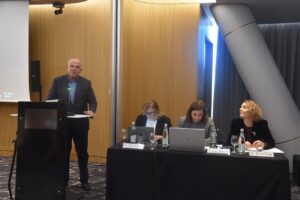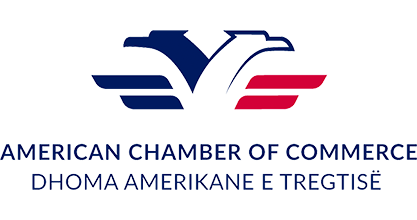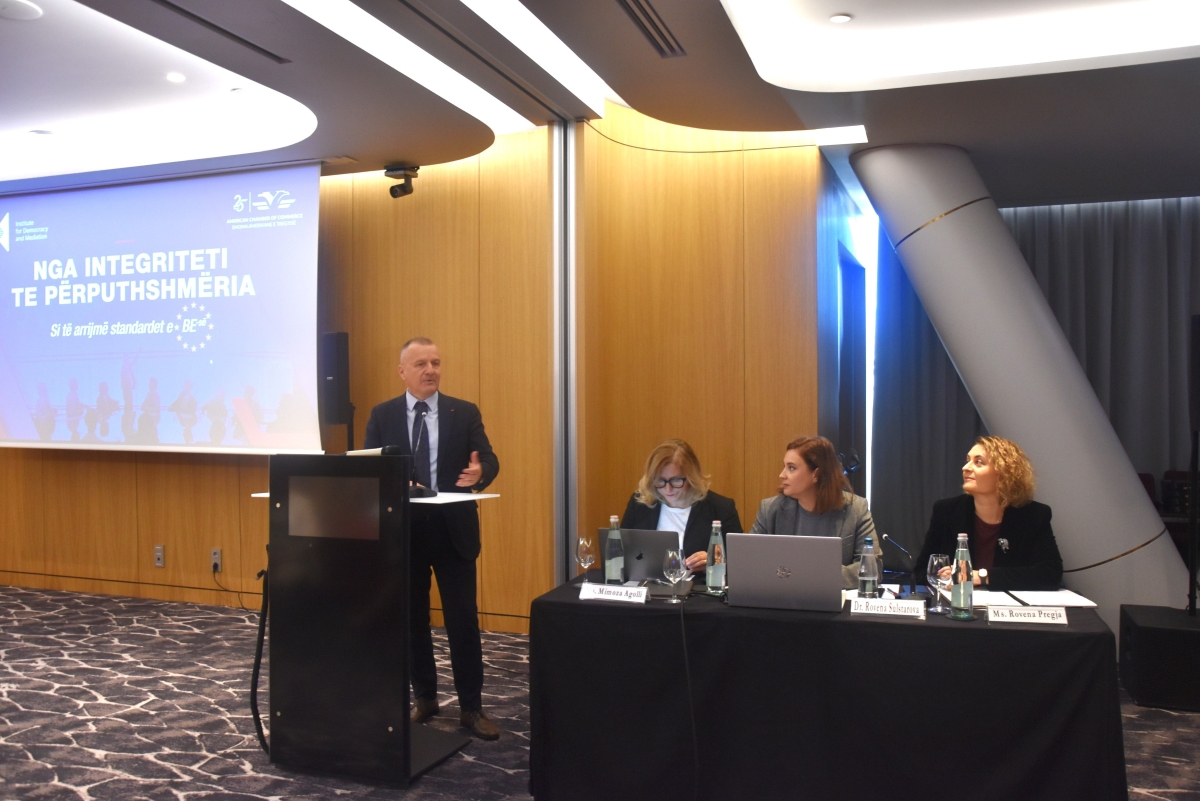

Training for the practical implementation of integrity rules and codes
The American Chamber of Commerce and the Institute for Democracy and Mediation (IDM) have organized training on business integrity, as a set of rules and codes necessary to be implemented by a country knocking on the door of the EU. The training aimed to bring updated information on current rules and codes that regulate business activities based on ethics and integrity standards, and the changes occurring in legislation within the framework of European integration.
"This training has a very interesting topic and aligns with the objective of AmCham's Labor and Ethics Committee, whose work is to communicate to our members the necessary mechanisms to develop not only in theory but also in practice the fundamental principles of business integrity" - said Neritan Mullaj, Executive Director of AmCham Albania, during his speech.
For IDM Director Sotiraq Hroni, the work to build mechanisms that will serve public administration and the private sector is one of the important projects of the institution, which has 25 years of experience in anti-corruption issues and building a culture of integrity. "IDM, with its many years of experience in raising integrity instruments in the public sector, has worked to adapt codes and mechanisms for the private sector as well and offers them to American Chamber members" - said Mr. Hroni during his welcoming remarks.
Public administration is the first to face the winds of change and the alignment of integrity rule implementation and monitoring mechanisms, and work has begun with the Cross-Sectoral Anti-Corruption Strategy 2024-2030. Rovena Pregja, Director at the Ministry of Public Administration and Anti-Corruption (MAPA), spoke about the evolution this strategy is undergoing to adapt to European legislation. Objective 9 of this strategy promotes self-declaration in the private sector and the implementation of mechanisms that protect business from acts of corruption and conflicts of interest.
A broader overview of all mechanisms and codes being implemented and suitable for the private sector was explained by Rovena Sulstarova, an expert at IDM. Business shows deficient practical implementation and lacks standardized procedures and tools for integrity risk management. From practical evidence, IDM has found that businesses have not consolidated a reporting and whistleblowing culture, even though the whistleblower law was passed some time ago. For this reason, IDM offers the private sector a set of rules and codes that help businesses reduce exposure to risk and increase internal efficiency. Adaptation to these rules will help the private sector comply with EU requirements and increase their market competitiveness. "If a business presents itself to banks or partners as an entity operating with integrity plans, a code of ethics, a conflict of interest management manual, or corruption risk management, this is added value and increases trust in them" - stated Ms. Rovena Sulstarova during the presentation.
IDM, supported by this collaboration with AmCham, will organize a pilot project to assist selected companies with practical integrity instruments and a regulatory set including a code of ethics, conflict of interest management, and corruption risk reduction.

